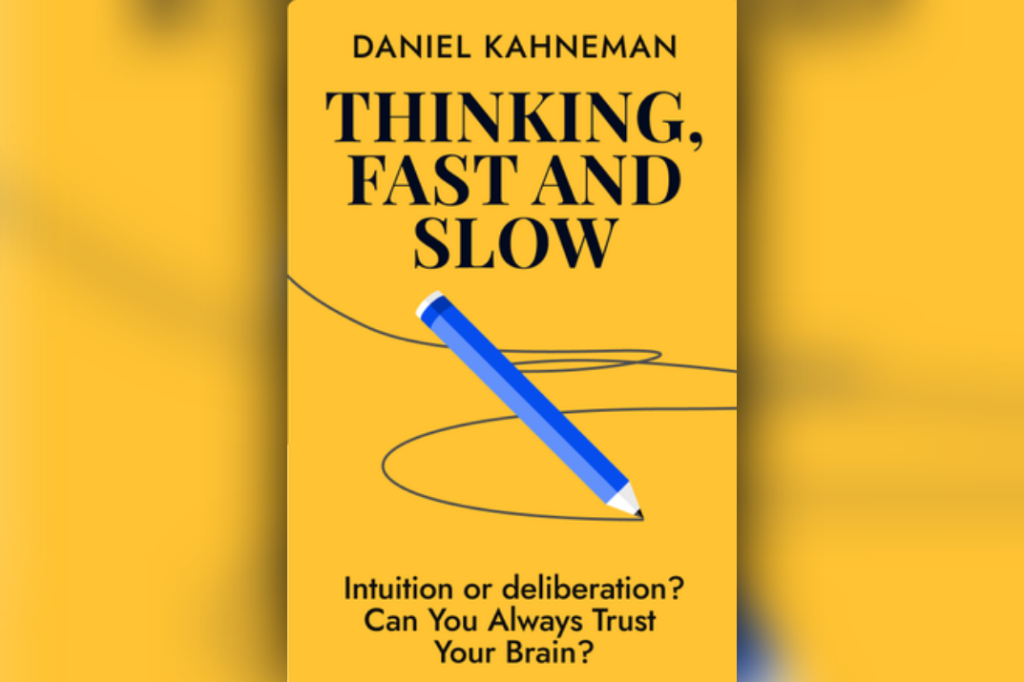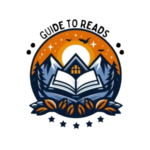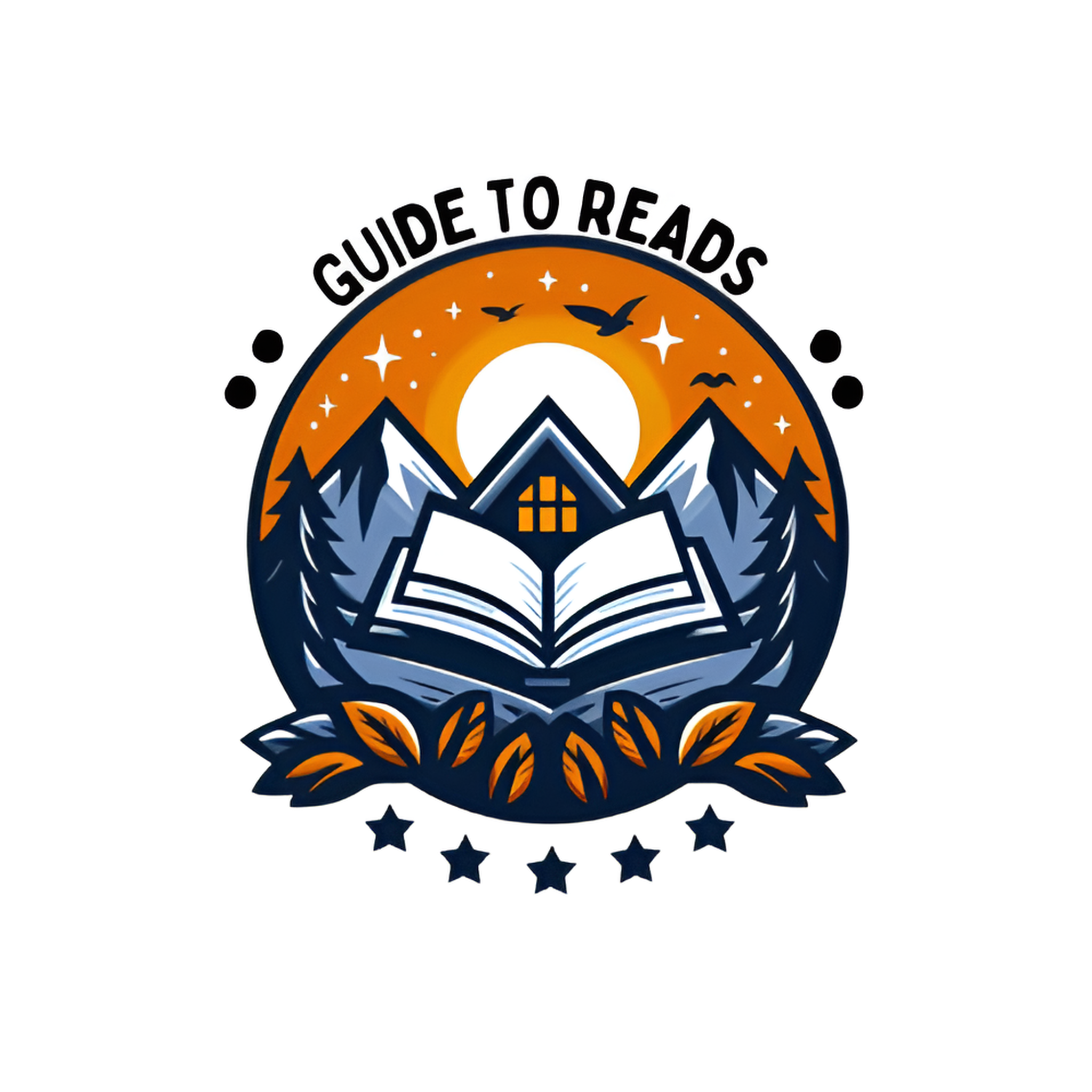In the vast ocean of human experience, reading stands as a lighthouse illuminating paths to knowledge, intelligence, and a deeper understanding of our world. It transcends mere pastime, serving as a gateway to profound insights and intellectual enrichment. In this article, we embark on a journey through a carefully curated list of Books Boosting Intelligence and Knowledge. These selected titles have garnered acclaim for their ability to offer transformative perspectives across a spectrum of disciplines, including history, psychology, self-development, and more. By immersing ourselves in these thought-provoking works, we set sail on a voyage of intellectual growth and self-discovery. So, without further delay, let us embark on this enlightening exploration of our top selections.
Book 1: « Factfulness » by Hans Rosling
« Hans Rosling’s « Factfulness » challenges prevalent misconceptions about global conditions by offering a fact-based, optimistic perspective on worldwide progress. Through ten foundational principles, Rosling guides readers towards a more precise understanding of global trends, covering critical topics such as poverty, population dynamics, and healthcare. The book underscores the significance of critical thinking, fact verification, and overcoming innate biases to foster a more nuanced global viewpoint. Its strength lies in its accessible writing style, use of data and statistics, and actionable guidance for interpreting information. « Factfulness » is vital as it fosters a well-informed and optimistic outlook, urging readers to tackle complex issues without succumbing to fear or misinformation. It’s no wonder it earned recognition as one of Time magazine’s « Ten Best Nonfiction Books of 2018. »
Book 2: « Behave » by Robert Sapolsky
Robert Sapolsky’s « Behave » provides a comprehensive exploration of the various factors influencing human behavior, including biological, environmental, and cultural elements. As a respected neuroscientist, Sapolsky delves into genetics, hormonal influences, brain structures, and societal factors to unravel the complexities of actions like aggression, empathy, morality, and decision-making. The book stands out for its ability to present intricate scientific concepts in an engaging and accessible manner, incorporating humor and real-life examples. « Behave » emphasizes the interconnected nature of different influences on behavior, advocating for nuanced approaches to social issues that integrate biological, environmental, and cultural considerations. By challenging simplistic explanations, the book encourages a deeper comprehension of human behavior and makes a substantial contribution to behavioral science.
Book 3: « Sapiens » by Yuval Noah Harari
Yuval Noah Harari’s « Sapiens » offers a sweeping exploration of human history, tracing the journey from the emergence of Homo sapiens to the present era. Harari analyzes pivotal revolutions such as the Cognitive, Agricultural, and Scientific Revolutions, highlighting their profound impact on human civilization. Central to the book is the concept that shared myths, encompassing religions and nations, have facilitated human cooperation and progress. Harari also examines the ramifications of technology, capitalism, and imperialism, prompting readers to reconsider notions of progress. With its accessible narrative style and thought-provoking content, « Sapiens » prompts profound reflection on society, culture, and our collective future, establishing itself as a valuable resource for understanding human evolution and history.
Book 4: « Human Compatible » by Stuart Russell
Stuart Russell’s « Human Compatible » delves into the development and implications of artificial intelligence (AI) while underscoring the importance of prioritizing human values and safety. As an esteemed AI researcher, Russell explores the risks associated with superintelligent AI systems and advocates for aligning AI with human values to ensure positive societal outcomes. The book focuses on the concept of provably beneficial AI, emphasizing the design of AI systems that not only achieve their objectives but also prioritize human values. Russell navigates the complexities of creating such AI systems, addressing risks related to AI alignment failures and examining ethical considerations in AI development and deployment. A notable strength of « Human Compatible » is Russell’s ability to elucidate technical concepts clearly, making the book accessible to experts and general readers interested in AI and its societal implications. The book underscores the urgency of addressing AI safety and ethics concerns before AI systems surpass human capabilities, advocating for interdisciplinary collaboration and ethical frameworks in AI research and implementation.
Book 5: « Emotional Intelligence » by Daniel Goleman
Daniel Goleman’s « Emotional Intelligence » presents a groundbreaking exploration of emotional intelligence (EI) and its profound impact on personal and professional success. Goleman, a psychologist and science journalist, contends that EI plays a pivotal role in shaping our lives and relationships. The book outlines the five key components of emotional intelligence—self-awareness, self-regulation, motivation, empathy, and social skills—and illustrates how these elements contribute to effective leadership, decision-making, and interpersonal communication across various life domains. Through compelling research and real-life examples, Goleman demonstrates how individuals with high emotional intelligence excel in managing challenges, stress, and fostering positive relationships. The book also addresses EI’s significance in education, workplaces, and personal development. « Emotional Intelligence » urges readers to cultivate EI through self-reflection, mindfulness, and empathy-building practices, highlighting the value of understanding and managing emotions for a fulfilling life journey.
Book 6: « Moonwalking with Einstein » by Joshua Foer
Joshua Foer’s « Moonwalking with Einstein » offers an engaging exploration of memory, learning, and the human brain. As a journalist, Foer recounts his journey from an average memory to becoming the U.S. Memory Champion. The book delves into the techniques employed by memory champions and the science behind memory and cognitive abilities. Foer stresses that memory is trainable through mnemonic techniques, introducing methods like the Memory Palace, which involves associating information with vivid mental images in familiar locations, leading to remarkable memory retention. The book’s strength lies in Foer’s storytelling, blending personal anecdotes, scientific insights, and historical examples of memory techniques. It challenges conventional beliefs about memory, highlighting the potential for improvement through practice and effective strategies. « Moonwalking with Einstein » is informative and entertaining, making complex cognitive concepts accessible. It encourages readers to enhance their memory and cognitive skills, emphasizing the brain’s plasticity and providing valuable insights for students, educators, and anyone interested in maximizing mental potential.
Book 7: « A Brief History of Time » by Stephen Hawking
Stephen Hawking’s « A Brief History of Time » is a renowned scientific work that elucidates complex concepts of cosmology, astronomy, and physics for general readers. Hawking, a brilliant theoretical physicist, offers an overview of the universe’s origin, structure, and potential destiny. The book covers topics such as the Big Bang theory, black holes, the nature of time, and the quest for a unified theory of physics. Hawking discusses scientific breakthroughs and theories by luminaries like Albert Einstein and Isaac Newton, providing historical context and explaining their significance. Hawking’s writing is accessible yet intellectually stimulating, using analogies, diagrams, and everyday examples to clarify complex ideas. He encourages readers to contemplate questions about the universe, other dimensions, and time travel while addressing philosophical implications of scientific discoveries. « A Brief History of Time » is a captivating exploration of the cosmos, offering a deeper understanding of scientific principles and sparking curiosity about the universe’s wonders. Hawking’s book continues to captivate readers worldwide with its insights into the cosmos’ mysteries.
Book 8: « Thinking, Fast and Slow » by Daniel Kahneman
« Thinking, Fast and Slow » by Daniel Kahneman is an enlightening exploration of how humans make decisions. Kahneman, a Nobel laureate in economics, introduces readers to two thinking systems: System 1, which is quick and instinctive, and System 2, which is slow and analytical. The book delves into biases and mental shortcuts that influence our judgments, shedding light on why humans often make irrational choices.

The core concept of the book is that our minds function through these two distinct thinking modes, each with its strengths and weaknesses. Kahneman discusses cognitive biases like confirmation bias and availability heuristic, alongside prospect theory, which deals with how we evaluate risks.
One of the book’s standout features is Kahneman’s ability to clarify complex psychological ideas using real-life examples and experiments. « Thinking, Fast and Slow » challenges traditional notions of rationality and provides actionable insights for enhancing decision-making abilities.
This book has left a significant impact on various fields such as economics, psychology, public policy, and business, underlining the importance of understanding human thought processes. It encourages critical thinking and self-awareness, making it a valuable resource for anyone interested in delving into the intricacies of the human mind.
Conclusion
The highlighted books are not just sources of information; they serve as gateways to new perspectives and continuous learning. Immersing oneself in these thought-provoking works can lead to intellectual liberation, sparking curiosity about the human experience. Each book offers opportunities for self-reflection, empathy for diverse viewpoints, and fuels imagination.
Reading is a journey of self-cultivation, where pages activate reflections that can transform mindsets and expand knowledge in significant ways. Engaging with these impactful selections may lead to reevaluating behaviors, beliefs, strengths, and life’s myriad purposes. Readers may also rediscover enthusiasm for personal growth and embracing each day as an opportunity for learning.
To continue your evolution, choose one book as a companion and dedicate focused time to absorb its insights. Allow the lessons to resonate and evolve within you before taking action. By embracing new perspectives presented in these books, you open yourself to endless discoveries and personal growth. Let these words guide you towards enriched intellectual expression and the wonders that await through the transformative power of reading.





































Add comment